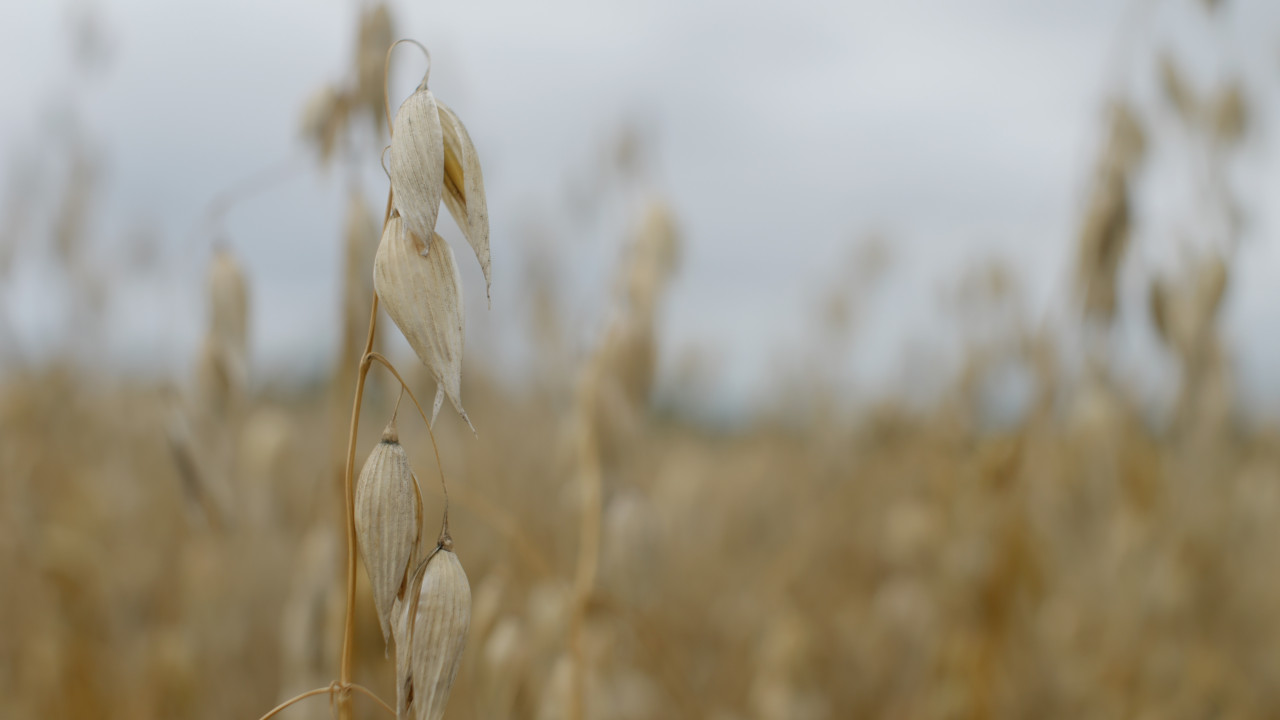The future of oat weed control
This autumn, oat growers across the UK face new crop management considerations following the news that the pre-emergence herbicide, Liberator (flufenacet + diflufenican), can no longer be used on the crop.
The change comes after oats were newly categorised as a 'major crop' by the Chemicals Regulation Division (CRD), meaning all Extensions of Authorisation for Minor Uses (EAMUs) have now been revoked. This leaves growers with no residual herbicide options apart from Sempra XL, though this can only be used on oat crops which are being grown for seed.
Historically, applications of Liberator were applied to oats at the grower's discretion under an EAMU. Although the typical rates were not high enough to deliver reliable control of black-grass and ryegrass, it provided welcome broad-leaved weed and annual meadow grass suppression.
If you're an oat grower, the loss of Liberator means you're now presented with two agronomic challenges:
- Increased broad-leaved weed pressure due to the loss of diflufenican
- Higher grassweed pressure because of the loss of flufenacet.
Exploring other weed control methods
Although management options are being continually reviewed, it's unlikely we'll see the re-registration of old herbicide products or registration of new ones for oats in the short-term. This leaves us in a position to further explore the options we already have, as well as look at alternative methods of weed control like inter-row hoeing to take advantage of the competitive growth habit of oat crops.
Ensuring appropriate use of stale seedbeds and pre-drilling glyphosate is even more crucial now that we've lost Liberator. I recommend a direct drill or no-till situation, as this will create a perfectly sterile seedbed without the risk of soil disturbance leading to another flush of weeds once the crop is sown.
It's likely that future oat weed control will involve a combination of contact broad-leaved weed herbicides, applied in sequence with inter-row hoeing.
There's a wide range of contact broad-leaved weed herbicides available for oats which can be used in the autumn and spring. The challenge with these though is that some can be quite harsh on the crop. This year in our trials, we noted positive results (as seen in the graph below) when we examined the use of biostimulants for helping to reduce such effects. This work is being continued in 2024 with large scale herbicide screening trials, along with further exploration of biostimulants and their role in further developing the sustainability of oat production.
Increasing seed rates and enhancing crop biomass through optimised nitrogen applications can also play a part in boosting crop competition against weeds. However, this can sometimes present the risk of increased crop lodging. Plant growth regulators (PGRs) can be tricky in oats due to their potentially antagonistic effects on crop performance. Our trials in 2023 have allowed for a greater understanding of PGR interactions and applications in oats.
Summary
With the availability of actives now reduced, increased grassweed pressure is a very real challenge to your oat crop. Efforts to reduce weeds throughout the rotation will help to reduce the burden but the likelihood is that a more combined, integrated approach will be the key to success.
Exploring alternative management techniques such as inter-row cultivations and other cultural controls will strengthen your armoury and can contribute to a more resilient programme of management in the long term. Spring cropping offers a good window of opportunity for cultural methods of black-grass control in particular.
Market opportunities
Growing demand for oat ingredients across food, drink and even cosmetic sectors is providing increasing market opportunities for UK growers.
Through a joint venture to create Navara Oat Milling, Frontier is continually investing in the development and growth of the oat supply chain. Our trials work and collaboration with growers means we're able to review, test and benchmark sustainable crop production programmes in light of changing policy and product availability, equipping growers with the latest agronomy advice, variety recommendations and contract opportunities while also supporting manufacturers to meet requirements for production and sustainability.
More information about Navara Oat Milling can be found here.
If you'd like more technical guidance on the management of your oat crop, please speak to your local Frontier contact. Alternatively, you can get in touch.
As a subscriber, you’ll receive email alerts each time a new blog is published so you can always stay updated with the latest advice and insights from our experts






Comments